Photo
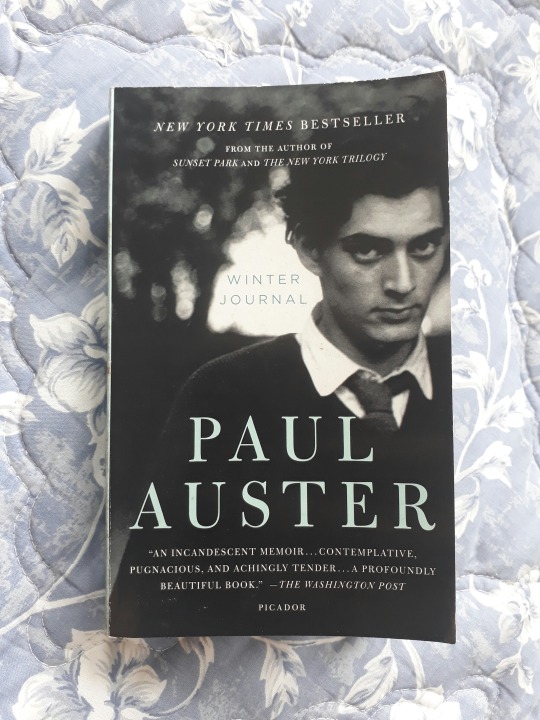
“The inventory of your scars, in particular the ones on your face, which are visible to you each morning when you look into the bathroom mirror to shave or comb your hair. You seldom think about them, but whenever you do, you understand that they are marks of life, that the assorted jagged lines etched into the skin of your face are letters from the secret alphabet that tells the story of who you are, for each scar is the trace of a healed wound, and each wound was caused by an unexpected collision with the world—that is to say, an accident, or something that need not have happened, since by definition an accident is something that need not happen. Contingent facts as opposed to necessary facts, and the realization as you look into the mirror this morning that all life is contingent, except for the one necessary fact that sooner or later it will come to an end.”
— Paul Auster, Winter Journal
0 notes
Photo
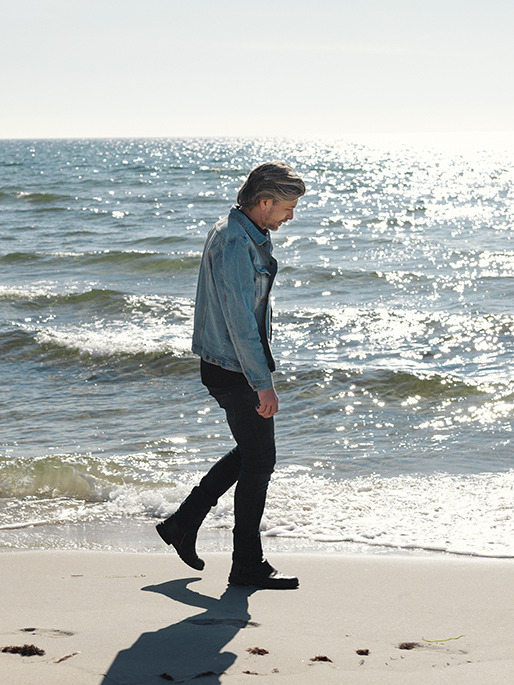
Distance
“All my adult life I have kept a distance from other people, it has been my way of coping, because I become so incredibly close to others in my thoughts and feelings of course, they only have to look away dismissively for a storm to break inside me.”
– from My Struggle, Book Two: A Man in Love by Karl Ove Knausgaard
(Photograph of Mr. Knausgaard by Felix Odell. Thank you, Mr. Odell and The New Republic.)
5 notes
·
View notes
Text
Autumn Leaves
The leaves of the chestnut tree have begun to fall onto the flagstone path in the garden, which is visible only here and there. The willow too has lost its leaves and needs pruning, it grows monstrously fast. The apple tree’s foliage has also thinned out, but from its boughs there are apples hanging, resembling little red lanterns amid all the naked branches. I ate one today, they are large, more red than green, and juicy, perhaps a little too sour, maybe they ought to be left for another week. I walked across the grass, long, soft and green, with the tart taste in my mouth, and thought about taste, the tastes of the various apple varieties, how old these tastes might be. When were they first crossbred? During the nineteenth century? The twentieth? Some tastes found in the world today are identical to tastes that existed two thousand years ago. The slightly unusual aroma, the out-of-the-ordinariness one can encounter in an apple from a private garden give me pleasure. I often think of my grandmother then, my father’s mother, the apples from their garden which we got every autumn, sometimes a whole crate, which lay in our cellar for weeks. Yes, and the smell in their cellar, of apples and plums. She was interested in everything to do with plants and gardening. Her son, my father, shared this interest. Yet I don’t feel any sense of continuity when I think of them in this way, they are strangers to me. And that feels good. It feels like I have started something new, something quite different, and that is this family. I think of it every day, that what matters is now, that the years we are living through now are when everything important happens. My previous life seems more and more distant. I am no longer preoccupied with my own childhood. Not interested in my student years, my twenties. All that seems far, far away. And I can imagine how it will be when what is happening now is over, when the children have moved out, the thought that these were the important years, this is when I was alive. Why didn’t I appreciate it while I had it? Because then, I sometimes think, I hadn’t had it yet. Only what slips through one’s fingers, only what is never expressed in words, has no thoughts, exists completely. That is the price of proximity: you don’t see it. Don’t know that it’s there. Then it is over, then you see it.
The yellow-red leaves lying wet and smooth on the flagstones between the houses. How the stone darkens when it rains, lightens as it dries.
— Karl Ove Knausgaard, Autumn (Penguin Press, 2017)
0 notes
Photo

“Something has been filled, now it is emptying: the air of warmth, the trees of fruit and leaves, the fields of grain. And all the while you are growing silently in the darkness.”
— Karl Ove Knausgaard, Autumn, “Letter to an Unborn Daughter, 29 September”
0 notes
Text
Loneliness
It’s good to be alone. It’s good to shut the door behind one and not be with other people for a while. It hasn’t always been like this. In childhood being alone was a defect or a failing, often painful. If you were alone it was because no one wanted to be with you or because there was no one to be with. The absence of others was unequivocally negative. Several people together was good, alone was bad, that was the rule. And yet I never asked myself how this applied to my father, who spent so much time alone. He was a supreme being, everything about him was as it should be, it never occurred to me that his solitude too could be a defect or a flaw, something painful. He had no friends, only colleagues, and he spent most evenings alone in the basement recreation room, where he listened to music or worked on his stamp collection. He shunned social intimacy, he never sat on a bus, never cut his hair at a hairdresser’s, he was never one of the parents who drove to football matches with a carload of kids. At the time I didn’t notice this. Not until he died and we found his diary was I able to see his life in that light. Loneliness concerned him, he had thought about it a great deal. ‘I have always been able to recognise the lonely,’ he wrote in his diary. ‘They don’t walk the same way as other people. It is as if they don’t carry any joy, any spark within themselves, whether they are women or men.’ In another entry he wrote, ‘I am looking for a word for the opposite of loneliness. I would like to find a different word to love, which is far too overworked and inadequate. Tenderness, peace of mind and soul, togetherness?’ Togetherness was a good word for it. It is the opposite of loneliness. Why he never felt it I don’t know. It is one of the good feelings in life, perhaps the best. And yet I often do as he did, close the door behind me to be alone. I know why I do it, it’s good to be alone, for a few hours to be exempt from all the complicated bonds, all the conflicts, great and small, all the demands and expectations, wills and desires that build up between people, and which after only a short time become so densely intertwined that the room for reflection and for action are both restricted. If everything that stirs between people made a sound, it would be like a chorus, a great murmur of voices would rise from even the faintest glimmer in the eyes. Surely he too must have felt this? Perhaps more powerfully than I do? For he started drinking, and drinking muffles this chorus and makes it possible to be with other people without hearing it. Yes, that must be it. For the sentence he ended that diary entry with, I could never have written. He wrote, ‘In brief, what I have just now so clumsily tried to express is that I have always been a lonely man.’ Or, the thought strikes me now with horror, maybe it was the other way round? Maybe he simply didn’t hear this chorus, didn’t know it existed and therefore didn’t become bound by it, but remained forever standing on the outside, observing how all the others were bound by something he didn’t understand?
— Karl Ove Knausgaard, Autumn (Penguin Press, 2017)
0 notes
Photo
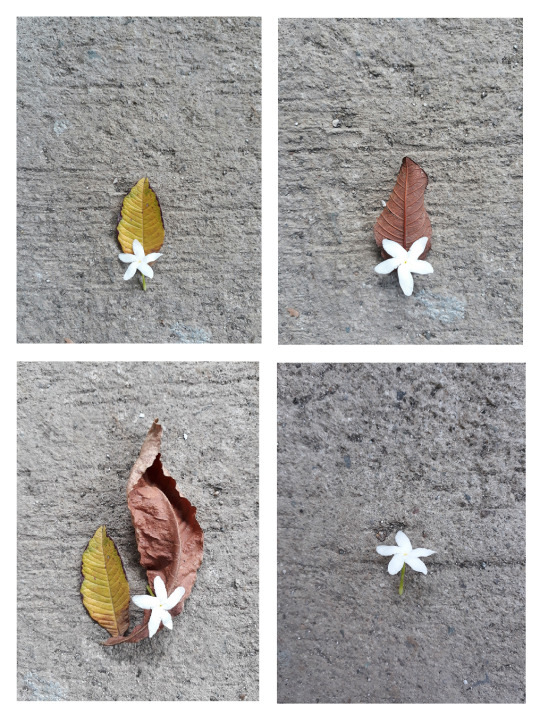
That which blossoms
falls, the way of all flesh
in this world of flowers.
— Kiko (Japanese haiku poet, d. 1823)
(Photographs by D. B. Abacahin)
0 notes
Text
Fall, plum petals,
fall—and leave behind the memory
of scent.
— Minteisengan (Japanese haiku poet, d. 1844)
0 notes
Text
Leaves never fall
in vain—from all around
bells tolling.
— Chori (Japanese haiku poet, d. 1778)
0 notes
Text
Weeds Rising, Leaves Falling
“Every day, when I read, I find new words. Something to underline, then transfer to the notebook. It makes me think of a gardener pulling weeds. I know that my work, just like the gardener’s, is ultimately folly. Something desperate. Almost, I would say, a Sisyphean task. It’s impossible for the gardener to control nature perfectly. In the same way it’s impossible for me, no matter how intense my desire, to know every Italian word. […] I don’t think my project is a waste of time. I know that its beauty lies in the act of gathering, not in the result.”
— Jhumpa Lahiri, In Other Words
And so in the morning, while pulling weeds and sweeping leaves in the backyard, gathering, often picking up with my bare hands all the cut weeds, all these fallen leaves, I think about the “meaning” of this daily task, this chore. As long as I’m alive and healthy enough in this house, yes, this will go on and on and on. I think of Lahiri and Alan Watts and the meaning of no meaning. It’s play, it’s life, it’s something you do because you have to, you want to, even though there are no rewards, no money or fame or admiring audience or loyal witness to keep you going. You keep going because it lets you let time pass. You do it because you choose to do it and you choose not to do other things. You do it because it lets you forget yourself, your mind, your loneliness. You do it knowing that tomorrow or even in a few hours your work has been undone again by nature, by time, by life.
Weeds grow back. Leaves fall again. The order you have restored falls back into disorder. There is no end, as long as you are alive, to all this weeding and sweeping and dusting and washing and cooking and maintaining the house and your health. And when you are no longer alive, weeds will persist, leaves will keep on falling, scattering, claiming spaces on this ground and in other people’s lands and times and thoughts. So, yes, Lahiri and all these other writers know what it means to be alive and to be human. Colm Toibin in The Master voices Henry James: “it is our duty to live all we can ... we must be ready for change.” And ready for paradox and ambiguity and mystery. Toibin’s novel says life is a mystery. We all know it can also be a chore. Or a Sisyphean task, says Lahiri. But also a game, says Watts. Nothing to be taken too seriously maybe because it is serious enough as it is. Serious and not serious. Like weeds rising and leaves falling. Like me gathering them into the compost corner of the backyard. Letting them rot there and transform into something fine, something useful. Letting them fill my thoughts, float here and there, for a while. Then letting them slip away, fade back into time and space, into soil and air.
— D. B. Abacahin
3 notes
·
View notes
Photo

“A flower falls even though we love it. And a weed grows even though we do not love it.”
— Dogen
(Photograph by D. B. Abacahin)
0 notes
Photo

“Every day, when I read, I find new words. Something to underline, then transfer to the notebook. It makes me think of a gardener pulling weeds. I know that my work, just like the gardener’s, is ultimately folly. Something desperate. Almost, I would say, a Sisyphean task. It’s impossible for the gardener to control nature perfectly. In the same way it’s impossible for me, no matter how intense my desire, to know every Italian word. [ … ] I don’t think my project is a waste of time. I know that its beauty lies in the act of gathering, not in the result.”
— Jhumpa Lahiri, In Other Words
(Photograph by D. B. Abacahin)
0 notes
Photo
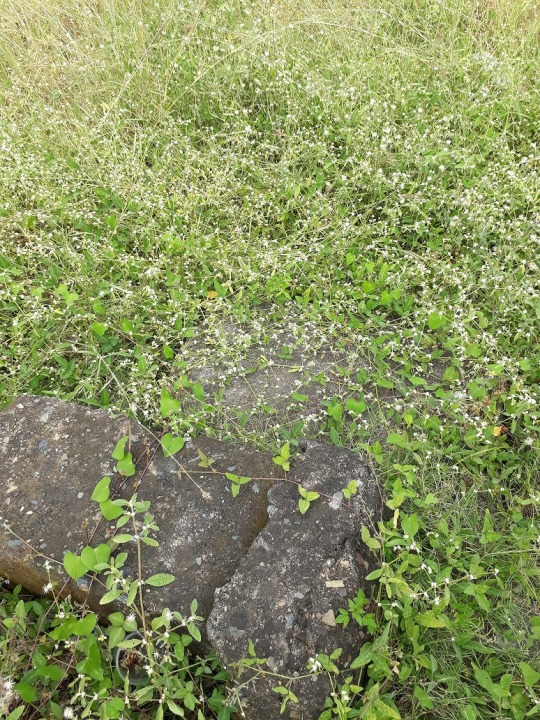
Though nothing can bring back the hour
Of splendour in the grass,
Of glory in the flower,
We will grieve not, rather find
Strength in what remains behind
— William Wordsworth, from “Ode on Intimations of Immortality from Recollections of Early Childhood”
(Photograph by D. B. Abacahin)
0 notes
Photo
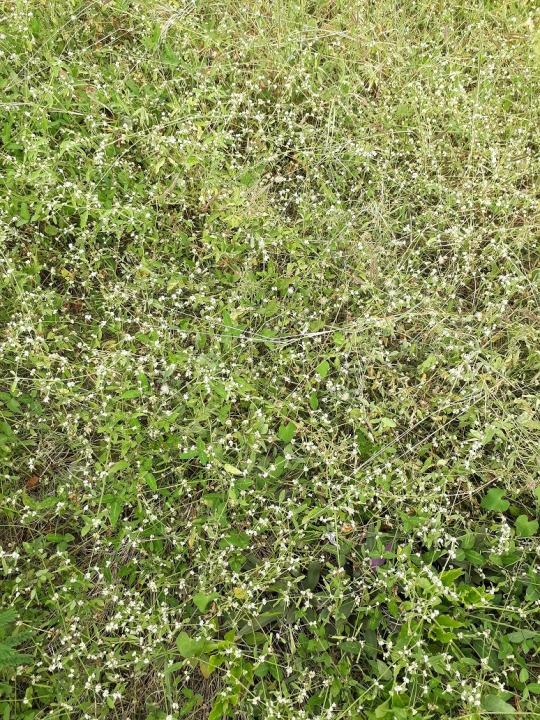
The life of mortals is like grass,
they flourish like a flower of the field;
the wind blows over it and it is gone,
and its place remembers it no more.
— Psalms 103:15-16
(Photograph by D. B. Abacahin)
0 notes
Quote
Summer in the world;
Floating on the waves
Of the lake.
Matsuo Basho
1 note
·
View note
Photo
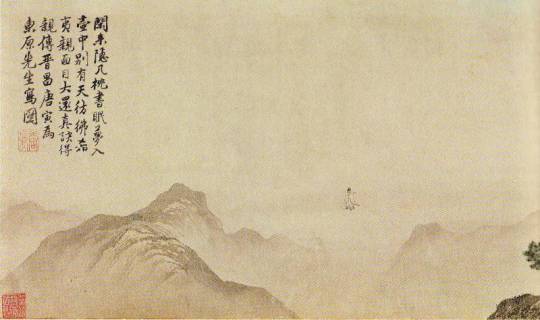
In life he floats
“The saying goes, that the sage’s life is the outworking of Heaven and his death is the transformation of everything. When he is still, his Virtue is like yin; when he is moving, his pervasiveness is like yang. He brings neither good fortune nor bad. He acts and moves in response to forces beyond. When he finds something, he rises up. He ignores knowledge and nostalgia, following only the patterns of Heaven. So he risks no disaster from Heaven, nor complications from things, no accusation from anyone, no charges from the spirits of the dead. In life he floats; at death he rests. He does not consider and plot, nor design for the future. He shines but is not seen; his good faith has no record; his sleep is dreamless and he wakes without fear. His spirit is pure and without blemish; his soul never tires. Empty, selfless, calm and detached, he is in harmony with Heaven’s Virtue.”
— from The Book of Chuang Tzu (translated by Martin Palmer)
(Image source: Unurthed)
0 notes
Quote
Float free in the vast spaciousness. Your devotion to the truth will carry you through.
Stephen Levine, Who Dies?
1 note
·
View note
Photo

Just rest and float
“Antoine de Saint-Exupéry recorded in Wartime Writings 1939–1944 this conviction: ‘It is always in the midst, in the epicenter, of your troubles that you find serenity.’ The epicenter of your troubles. Look there for serenity, for buoyancy. Part of the secret is looking the trouble hard in the face, head on, eyes unblinking. Do every possible thing you can do about it, and then do even more—try the impossible. Then float. Just rest and float and trust the power of the water.”
— Penelope Niven, Swimming Lessons
(Photograph by Štefan Štefančík)
(This image with Ms. Niven’s words: originally posted on “Sticking Around”)
#Penelope Niven#swimming#Antoine de Saint-Exupery#serenity#rest#Stefan Stefancik#water#floating#Sticking Around#trust#peace
2 notes
·
View notes